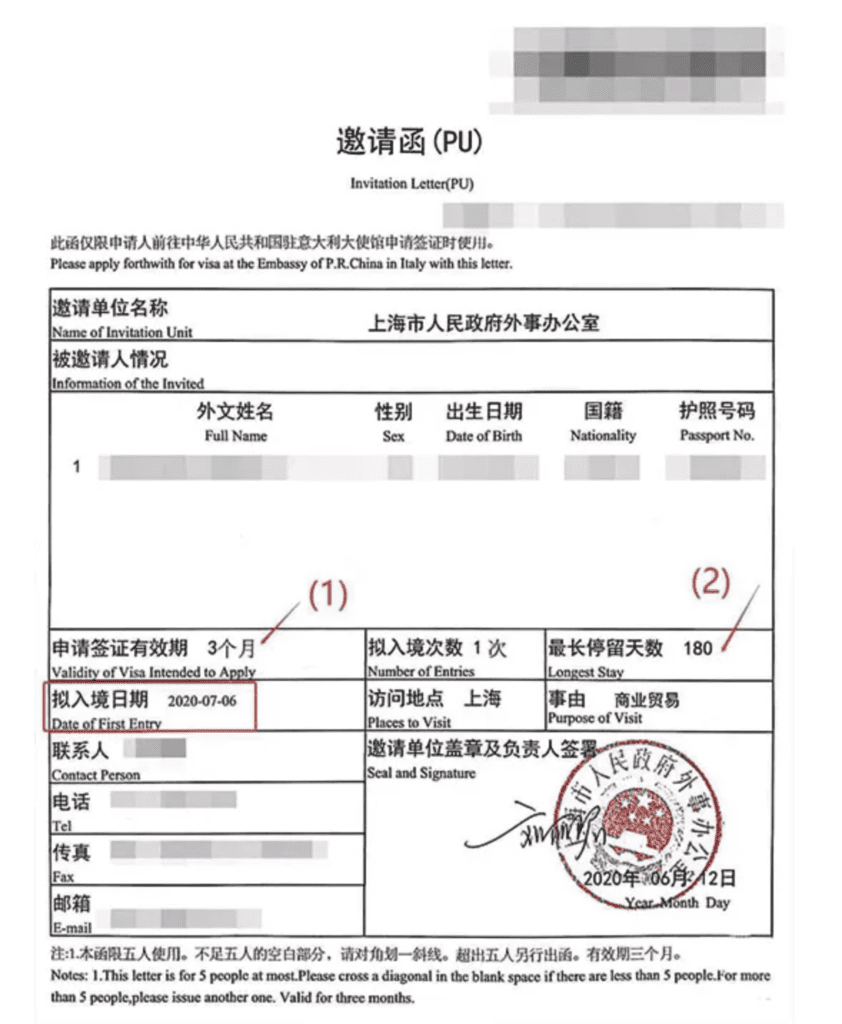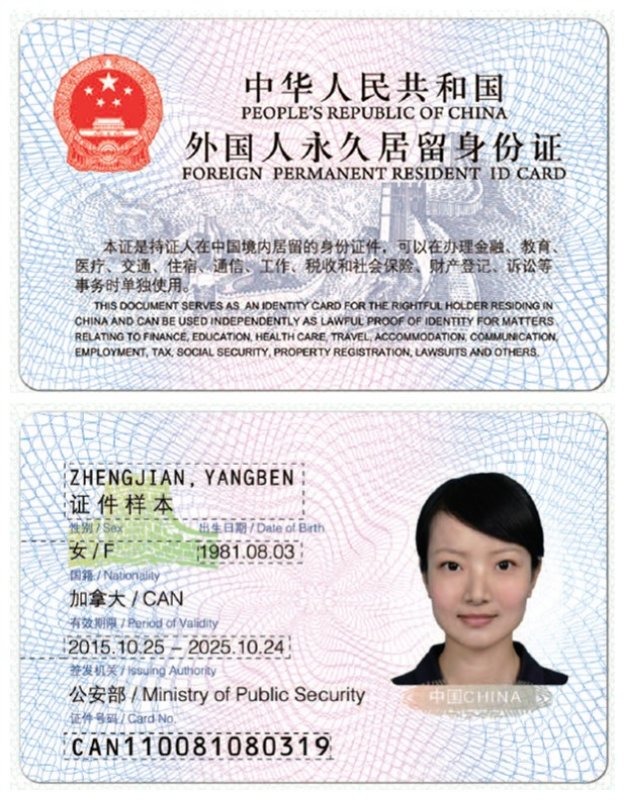PU Letter and the way to go back to China in 2021. China’s immigration rules during the COVID-19 pandemic have been strictly enforced. A population of 1.4 billion, coupled with increased urbanization over the past twenty years have made the specter of mass transmission a real possibility, hence the protocols. Foreign travel to China has been discouraged at this time specifically to prevent the spread of any imported covid strains entering the country while the authorities race to develop new vaccines and build a safe social environment.
China Entry Visa Protocols During COVID-19
That said, they are available protocols to go through should foreign nationals need to visit China during the current China travel restrictions. A China travel ban effective from March 28. 2020 stated that:
“In view of the rapid spread of COVID-19 across the world, China has decided to temporarily suspend the entry into China by foreign nationals holding visas or residence permits still valid to the time of this announcement, effective from midnight, 28 March 2020. Entry by foreign nationals with APEC Business Travel Cards are also suspended. Policies including port visas, 24/72/144-hour visa-free transit policy, the Hainan 30-day visa-free policy, the 15-day visa-free policy specified for foreign cruise-group-tour through Shanghai Port, the Guangdong 144-hour visa-free policy specified for foreign tour groups from Hong Kong or Macao SAR, and the Guangxi 15-day visa-free policy specified for foreign tour groups of ASEAN countries are also temporarily suspended. Entry with diplomatic, service, courtesy or C visas will not be affected. Foreign nationals coming to China for necessary economic, trade, scientific or technological activities or emergency humanitarian needs may apply for visas at Chinese embassies or consulates. Entry by foreign nationals with visas issued after this announcement will not be affected.”

There is a special visa application channel open for the invitee to deal with necessary economic, trade, scientific or technological activities, or out of emergency humanitarian needs. These require additional special visa application procedures, including the need for an invitation letter (PU, TE, or Invitation Verification Notice) issued by the Chinese government. Among the three type invitation letters, the PU letter is the one used for M-visa, Z-visa, or Q1/Q2-visa.

The PU Invitation Letter
The PU letter should be applied via a China based entity. The standard procedures are as follows:
- The Chinese entity (company) must liaise with the Foreign Affairs Office of the district where company is registered for the PU letter application
- The Foreign Affairs Office of the district will send a list of required documents to the company
- The company prepares the required documents and submits these to the Foreign Affairs Office of the relevant district for a first round review
- The Foreign Affairs District Office submits the application documents to the Foreign Affairs Office of the local Municipal Government (Shanghai, Guangzhou, Beijing etc.) for PU letter approval
- The Foreign Affairs Office of the Municipal Government issues the PU letter for the foreign invitation.
There are additional stipulations. The invitee should be an employee of the China-based company, and documentary proof, such as a copy of the existing China work permit, or the Notification Letter of Foreigner’s Work Permit for a new contract.
Alternatively, for the purpose of urgent business activities, the government will consider whether foreigners are eligible for entry if there are important projects to be implemented – typically including MNCs cooperating in China government projects.
Foreigners with Valid Residence Permits

On September 23, 2020, the MOFA released the Announcement on Entry by Foreign Nationals Holding Valid Chinese Residence Permits of Three Categories, announcing that foreigners with valid residence permits for work, personal matters, and reunion, would be allowed to enter the country without needing to re-apply for new visas starting from 0 a.m., September 28, 2020.
Under the policy, if the above residence permits had expired – after March 28, 2020 – the holders could re-apply for relevant visas by presenting the expired residence permits and relevant materials to the Chinese embassies or consulates. But no invitation letter would be required. The re-application had to be on the condition that the purpose of the holders’ visit to China remained unchanged.
This policy doesn’t apply to foreign nationals from the UK, France, Italy, Belgium, Russia, Ukraine, Philippines, Bangladesh, India, Nigeria, Ethiopia, Uzbekistan, and South Africa, after several Chinese embassies released the Notice on the Temporary Suspension of Entry into China by Non-Chinese Nationals in the (Country) Holding Valid Chinese Visas or Residence Permits in early November 2020.






